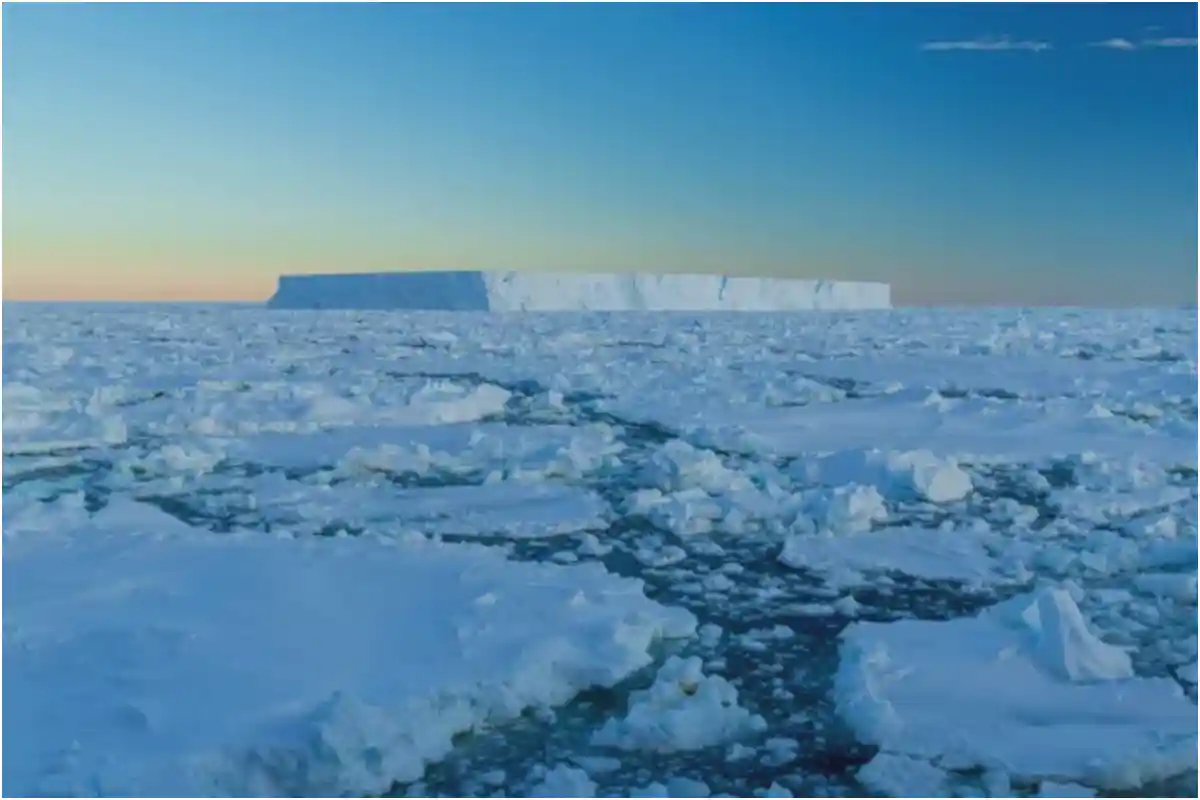Iceberg Scars Discovered Beneath North Sea Floor

Iceberg Scars Discovered Beneath North Sea Floor
In a groundbreaking discovery, scientists have identified traces of ancient, city-sized icebergs off the coast of the UK—remnants of a glacial past that could hold critical clues to understanding modern climate threats in Antarctica.
According to a new study published in Nature Communications, marine geophysicists have found deep, comb-like ploughmarks on the North Sea floor—gouged more than 18,000 years ago by gigantic icebergs that broke away from the British-Irish Ice Sheet.
“This is the first concrete evidence that enormous tabular icebergs—flat-topped and tens of kilometres wide—once drifted along Britain’s coastlines,” said lead researcher Dr. James Kirkham of the British Antarctic Survey.
Using ultra-high-resolution 3D seismic data, originally gathered by energy companies and offshore wind projects, researchers essentially performed “MRI scans” of the seabed layers, revealing these colossal scars less than 150km from Scotland’s current coastline.
The data suggests that these icebergs, similar in shape to those still calving off Antarctica’s Larsen B Ice Shelf, ranged from 5 to over 10km wide and measured 50–180m thick—covering areas comparable to UK cities like Cambridge or Norwich.
“This discovery confirms the presence of floating ice shelves in the region,” Dr. Kirkham explained. “Only ice shelves can produce such tabular formations.”
The implications reach far beyond historical curiosity. As ice shelves today serve a crucial role in stabilizing the Antarctic Ice Sheet, their collapse could accelerate glacier flow into the ocean—causing a significant rise in global sea levels.
The study also reveals an abrupt shift in iceberg formation about 18,000 years ago, coinciding with Earth’s transition out of the last Ice Age. Large bergs ceased to appear, replaced by smaller ones—suggesting the disintegration of the protective ice shelves, which could no longer support massive calving events.
This sudden change mirrors concerns about Antarctica today. While some scientists, like glaciologist Prof. Eric Rignot of UC Irvine, stress that rising ocean and air temperatures are the primary forces behind ice sheet loss, others believe collapsing ice shelves could directly trigger irreversible glacial retreat.
As Dr. Kirkham noted, “Determining whether ice shelf collapse causes or simply reflects ice sheet retreat is vital. Our seabed records offer rare insight into this mystery.”
These ancient imprints, hidden for millennia beneath the sea, could now inform how we anticipate and respond to the escalating impact of global warming.
Catch all the Trending News, Breaking News Event and Trending News Updates on GTV News
Join Our Whatsapp Channel GTV Whatsapp Official Channel to get the Daily News Update & Follow us on Google News.














